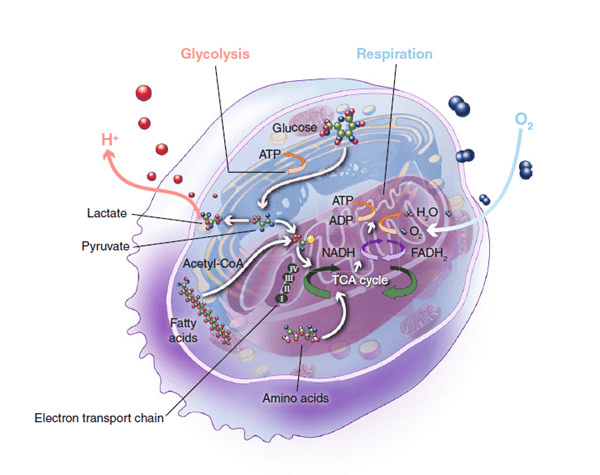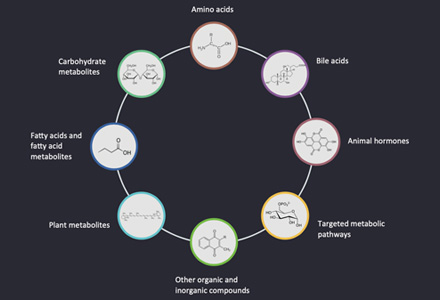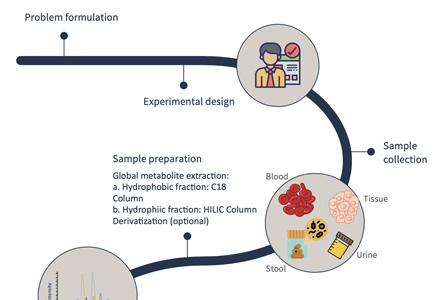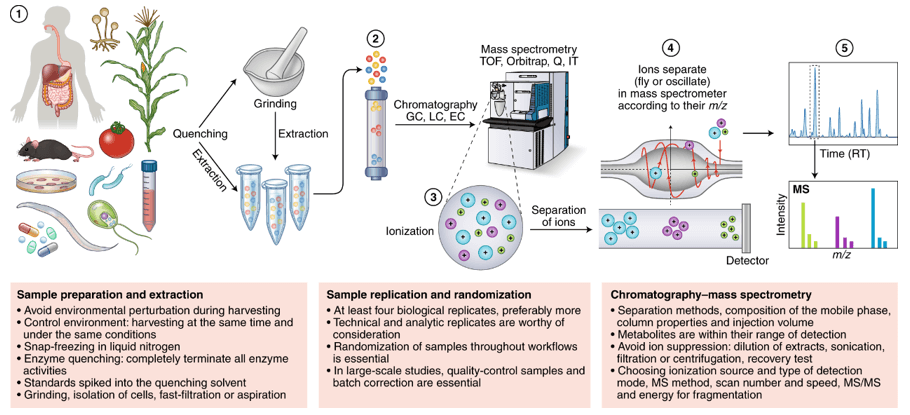Overview
Cells are the most basic unit of biological activities and morphological structure. The life activity and state of cells affect the growth and differentiation, metabolism and reproduction, movement and communication, heredity and evolution, aging and death of organisms. In order to better grasp the laws of the life process of organisms, we use single cells as the research object to explore the life activities of single cells and between cells, and use this as a basis to reveal the laws of various life activities of organisms.
Cells are different, and there are also differences between individuals of the same group of cells that form the same tissue. Cell heterogeneity causes the attributes of a cell to be obscured by the average attributes of a large number of cells. To study mechanisms and related pathophysiological mechanisms that cannot be discovered due to statistical reasons in a population composed of a large number of cells, it is necessary to detect the chemical composition of individual cells.

Single cell analysis can identify the intracellular biochemical components and properties, and at the same time can study the relationship between small molecule metabolites and cell energy balance, cell-cell interaction, and osmotic pressure regulation. This method can also study the pathological mechanism of cells in disease states, and at the same time help clinical differential diagnosis and predict prognosis. Cellular heterogeneity is particularly common in tumor tissues. The use of single-cell metabolomics analysis in cancer related research is of great significance for early diagnosis and prevention.
For single-cell metabolomics, single-cell sample preparation, identification of intracellular metabolites, and data analysis require complex techniques and models. A single cell can provide a low concentration of metabolites for analysis and a small volume. Some extremely rare metabolites require more sensitive detection methods. In addition, the concentration of intracellular metabolites may change drastically in a very short period of time, so single-cell metabolomics analysis is more complicated.
Creative Proteomics has developed a single cell metabolomics platform that uses mass spectrometry to analyze single-cell metabolites and related metabolic pathways to accelerate the progress of your project.
Technical Platform for Single Cell Metabolomics Services
- AB SCIEX QTRAP 6500+
Mass range (m/z): 5~2000
It is suitable for highly selective quantification in complex samples. It can effectively remove complex background matrix interference, eliminate false positives, and accurately and accurately quantify target compounds. Used to explore hydrophilic metabolomics at the cell or tissue level. It is suitable for the quantitative analysis of small biomolecule metabolites.
- AB SCIEX Triple TOF 6600+
Mass range (m/z): 5-40,000 amu
It can collect very measurable metabolic target compounds under complex matrices, and can be used to explore hydrophilic metabolomics at the cell or tissue level. It is suitable for qualitative analysis of small molecule metabolites, biomarker pathway analysis, mutation mechanism analysis, signal transduction and energy metabolism.
- AB SCIEX CESI 8000+
Capillary electrophoresis has the advantages of fast, high efficiency, high resolution, good reproducibility, and easy automation. It can be combined with mass spectrometry to realize single-cell metabolic analysis technology.
Creative Proteomics obtains specific time information about cell differentiation and division, communication, interaction with the surrounding environment, and stress response through a professional single-cell metabolomics analysis platform. We can work with partners to customize solutions to meet the specific needs of any project, and deliver accurate and detailed data and analysis reports with you.
For Research Use Only. Not for use in diagnostic procedures.





